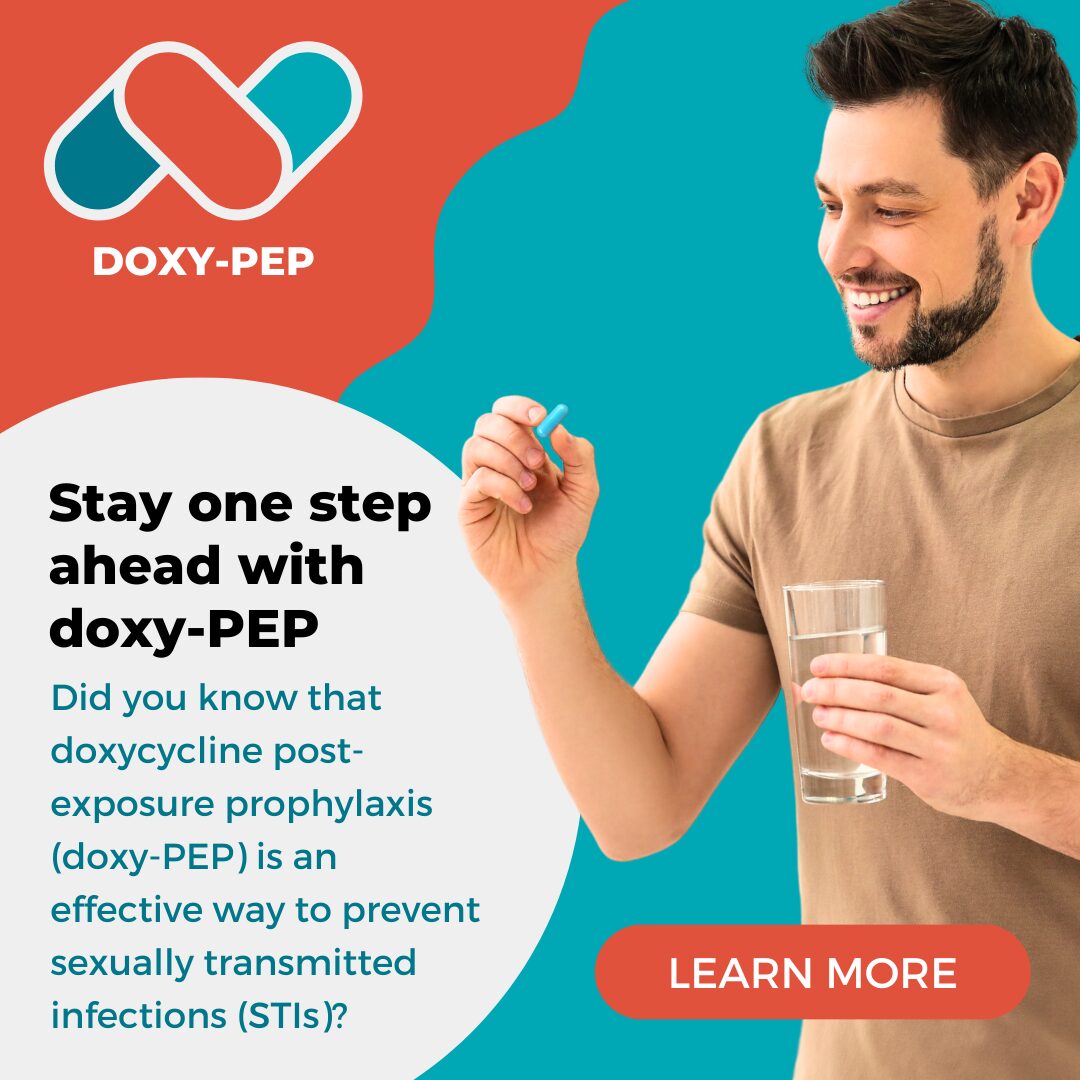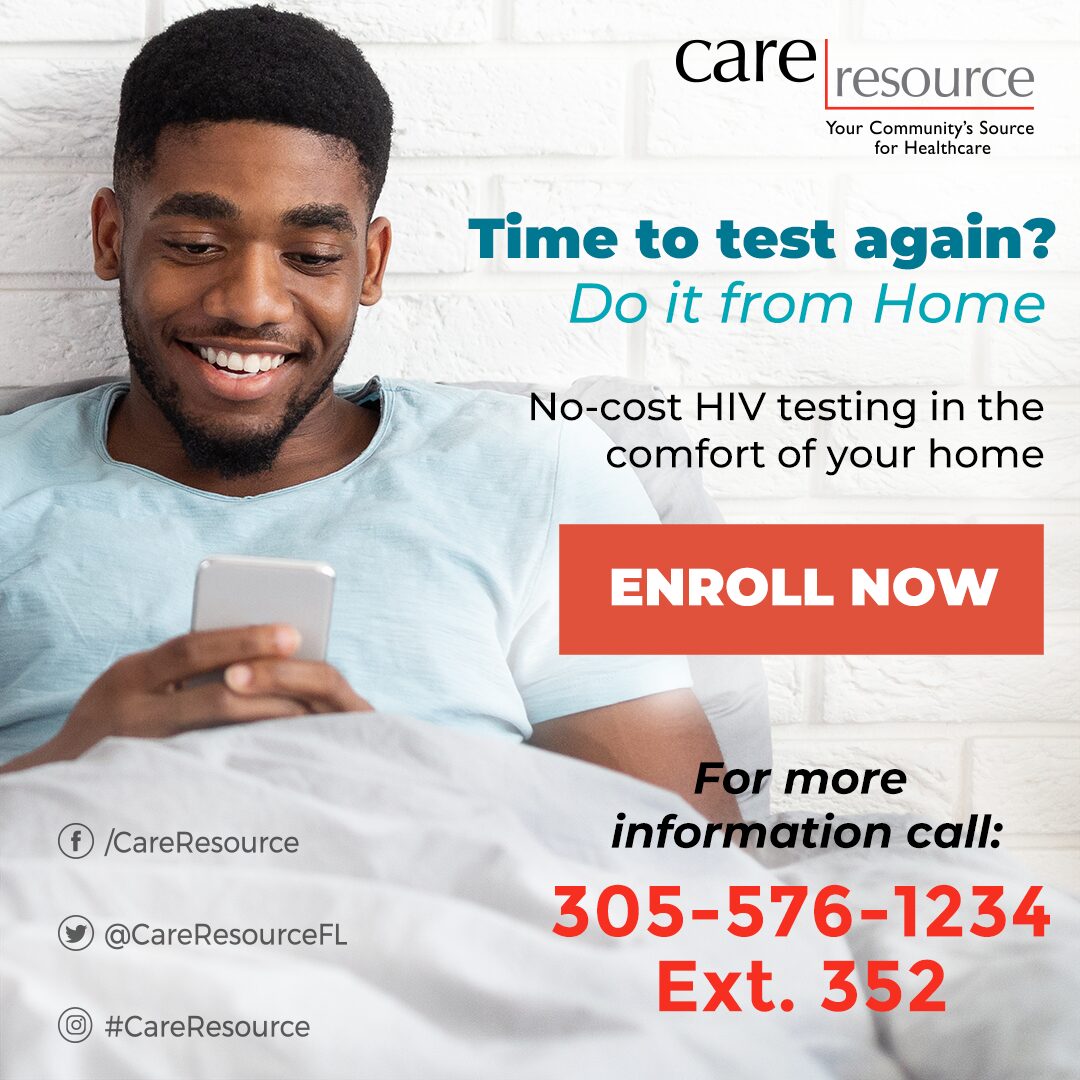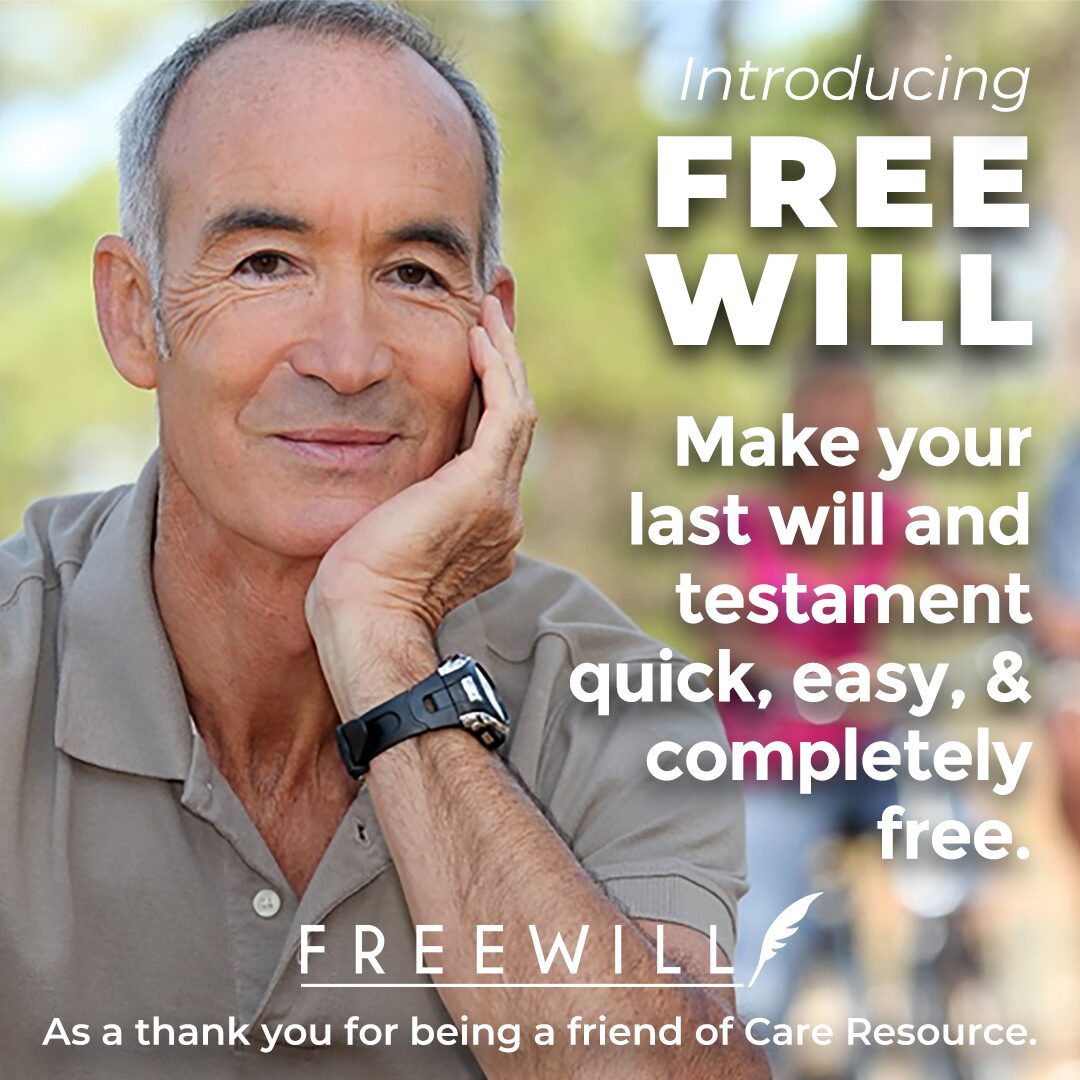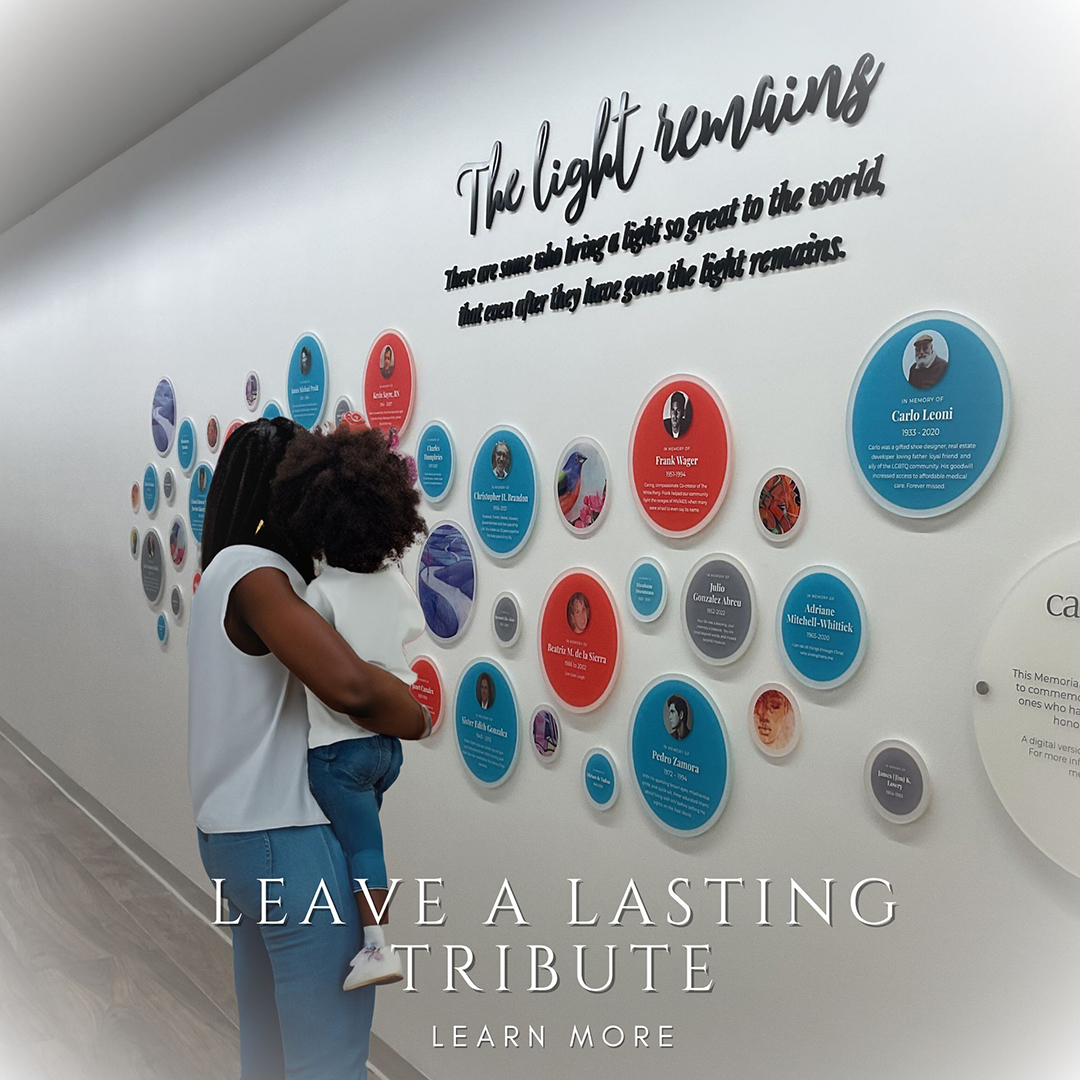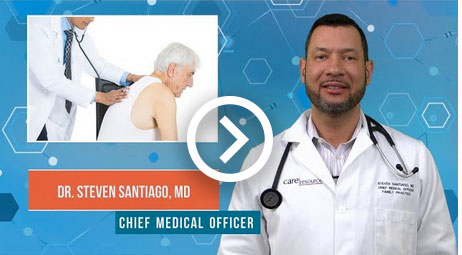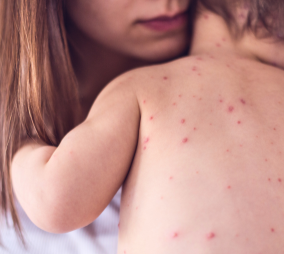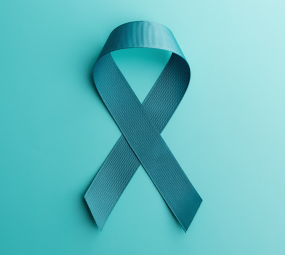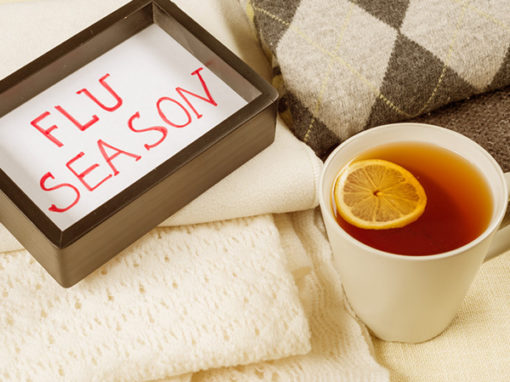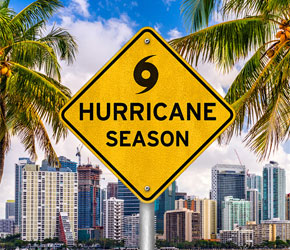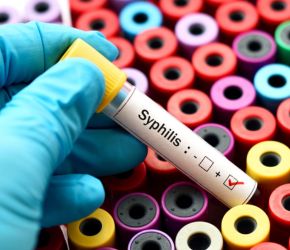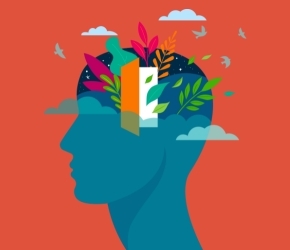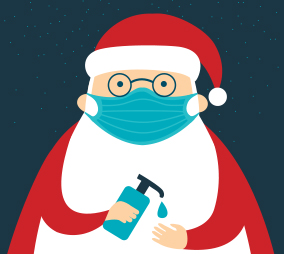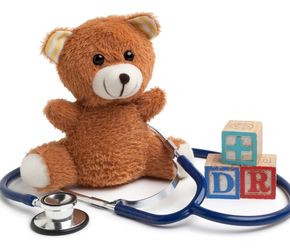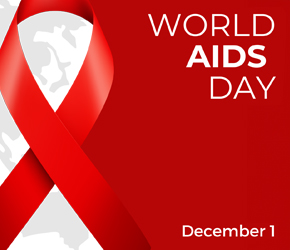WLRNs Jessica Bakeman speaking with Admiral Brett Giroir. Transcript of an interview posted online at WLRN News, October 23
Listen to the full broadcast (4 minutes)
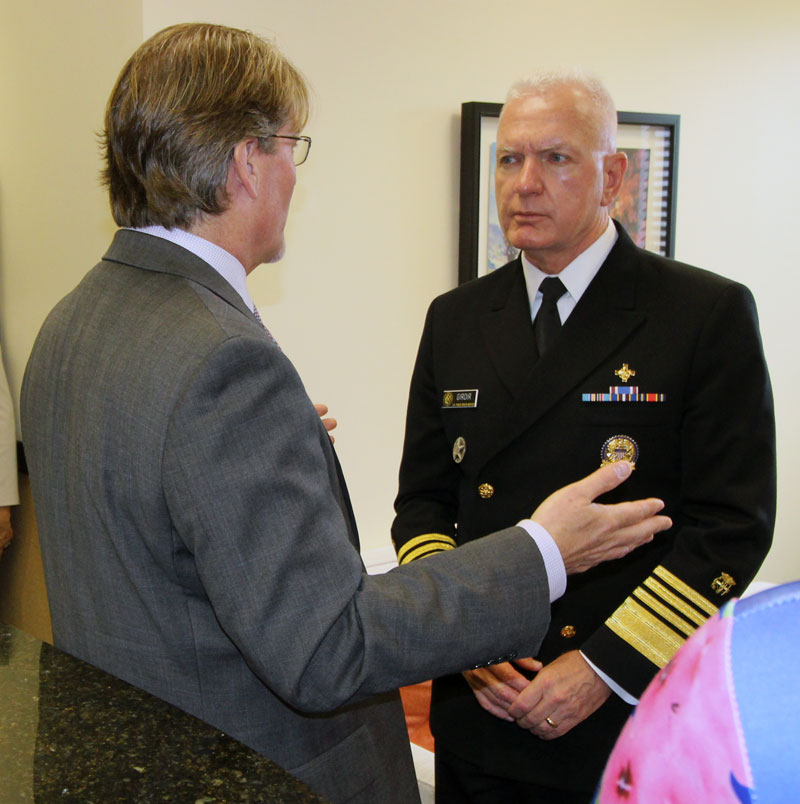
U.S. Department of Health and Human Services Assistant Secretary and Admiral in the U.S. Public Health Service Brett Giroir with Dr. Thomas Smith, Director of Behavioral Health Services at Care Resource.
More than half of new HIV infections are happening in just 48 counties on the US, Mainland, plus DC and San Juan Puerto Rico. Seven of those counties are in Florida, and they include Miami-Dade Broward and Palm Beach. Cutting down on the transmission of HIV in Florida would go a long way toward a Trump administration’s goal of ending the HIV epidemic in the United States by the year 2030.
Federal officials visited Miami earlier this week to learn more about the challenges South Florida faces in fighting the disease. WLRN’s Jessica Bakeman spoke with Brett Giroir, the Assistant Secretary for Health at the US Department of Health and Human Services. He’s also an admiral in the US Public Health Service and a Pediatrician.
Giroir started by explaining what healthcare providers here are doing right.
We had wonderful site visits this morning to Care Resource, which is a local community health center. You not only get your HIV tested but you also get your cholesterol tested and your blood pressure because HIV testing shouldn’t be something separate and stigmatizing. It’s part of normal health care. I get an HIV test every two years —it should be part of routine testing. Secondly, they’re dealing with the whole person, meaning that if a person has issues with housing or transportation, they’re really working with that because if you don’t have food on the table or place to live, it’s very hard to know how to take care of yourself and take your medicine every day. And then we also visited Latino Salud. When a person comes in and they’re helping them get to healthcare, they actually send a representative, a counselor, with that new patient to the doctor’s office or to the healthcare facility to help them understand and negotiate what’s going on, you know, that kind of personal attention is just immeasurable in its value. So we’ve seen incredible people, incredible practices…very informational, very inspiring and you know, we want to disseminate that around the country. There are some great things happening.
So do we know why this is hitting Florida harder?
There were about 38,500 new cases in the US and over almost 6,000 of those were in Florida. So your rates of HIV here are about double the normal rate throughout the country. And of course, the rates are high, but you also have a large population. So, so many patients are here being diagnosed every year, and we know here around Miami there is a disproportionate burden among people in the LatinX community — particularly Latin men who have sex with men and also transgender women. And we’re learning about all the stigma and barriers that can get them not into care the way they should be or get tested. We want to decrease stigma as much as possible because stigma is the enemy of public health, but if it’s impossible to get rid of all the stigma, what are ways that we can work around the stigma to make certain places that are much more accessible, like Latino Salud that we saw today, to provide medications potentially by mail or by specific pharmacy order —that we can help people get the treatment they need.
And the stigma you’re talking about, is it related to religion or other cultural factors?
This is not a moral flaw. This is an infectious disease and we need to deal with it. But I think we see in many parts of the country there’s still a stigma of religion or of culture whether about being a gay or bisexual man or about being transgender, and we’re really trying to break through that. Now we’ve made tremendous progress, and part of this program is to really help educate and embrace many people. We just learned of a sister here who works in an HIV testing program.
Sister meaning a nun?
A sister meaning a nun. I come from a faith-based tradition. I was taught to love everyone because everyone has infinite worth and we’re all the same and I think if we get behind that premise then we’re all going to be fine. But we do want to reach every community and we want to get all the partners we can. Health centers, community organizations, activist organizations, but also the faith-based community.
That was WLRNs Jessica Bakeman speaking with Admiral Brett Giroir, Assistant Secretary for Health at the US Department of Health and Human Services, Giroir and other Federal officials visited Miami earlier this week in hopes of learning more about how to stop new HIV infections in Florida.
This is WLRN News. I’m Christian DiMattei.
About Care Resource:
Care Resource is a 501(c) (3) nonprofit organization and a Federally Qualified Health Center (FQHC) with four locations in Midtown Miami, Little Havana, Miami Beach, and Fort Lauderdale. The health center provides comprehensive health and support services to address the full health care needs of South Florida’s pediatric, adolescent, and adult populations.
